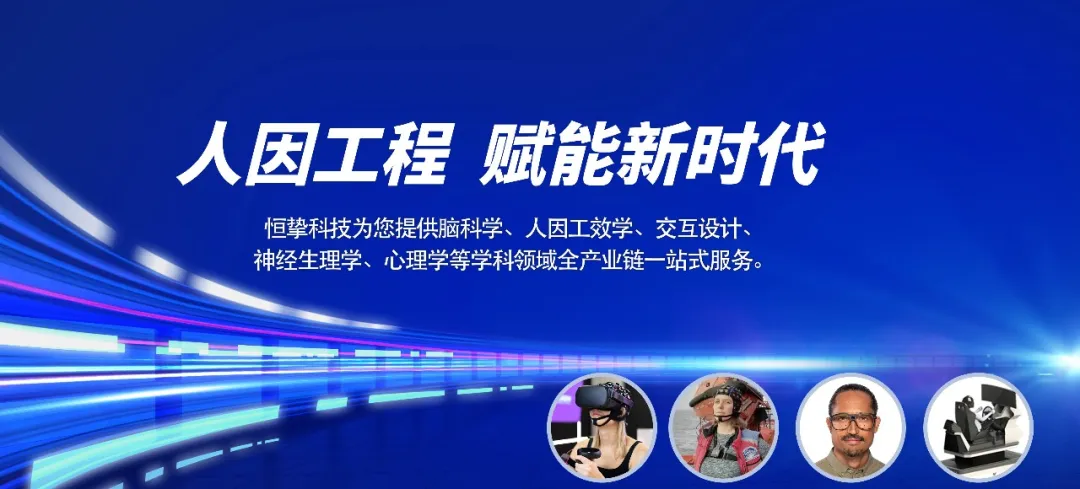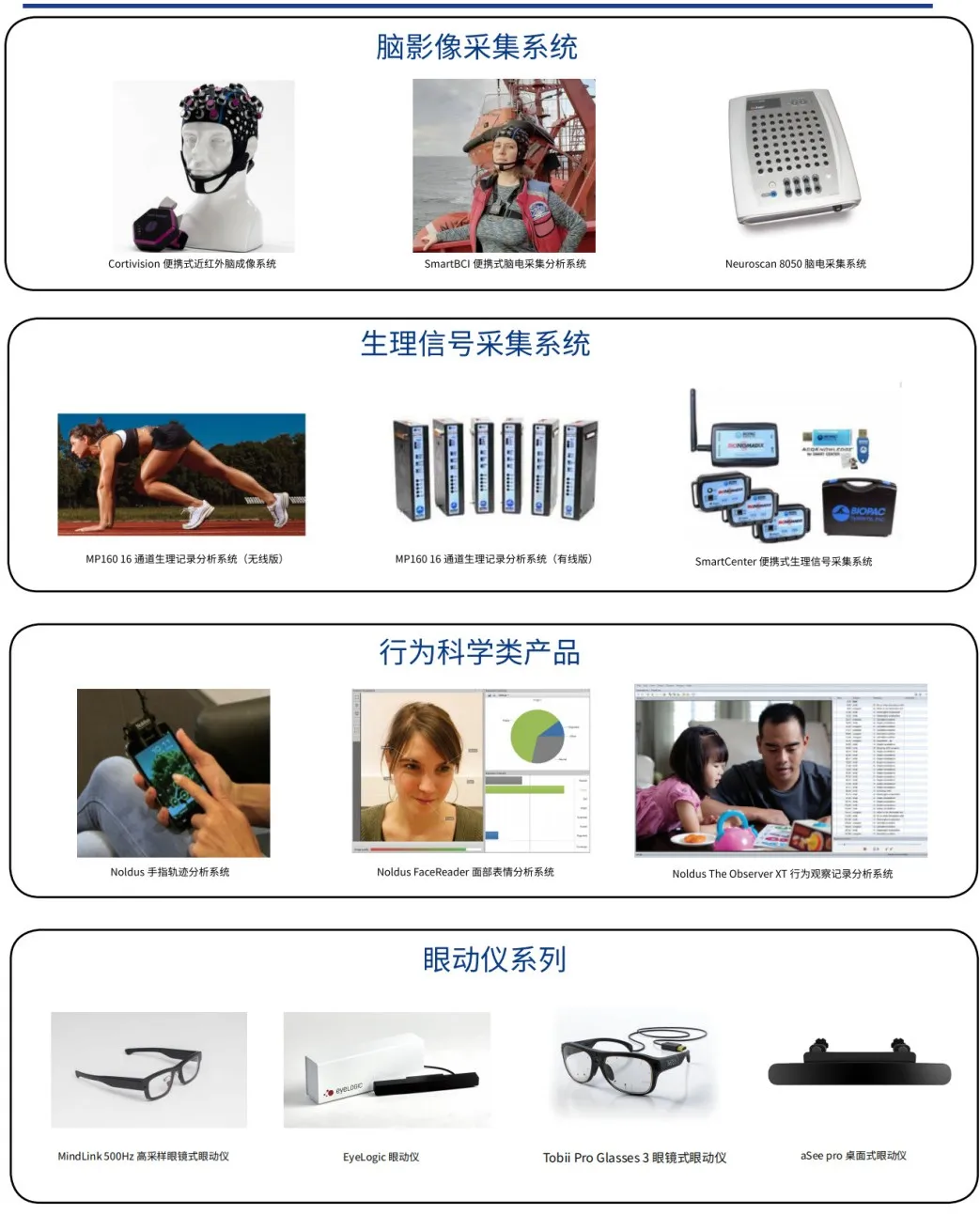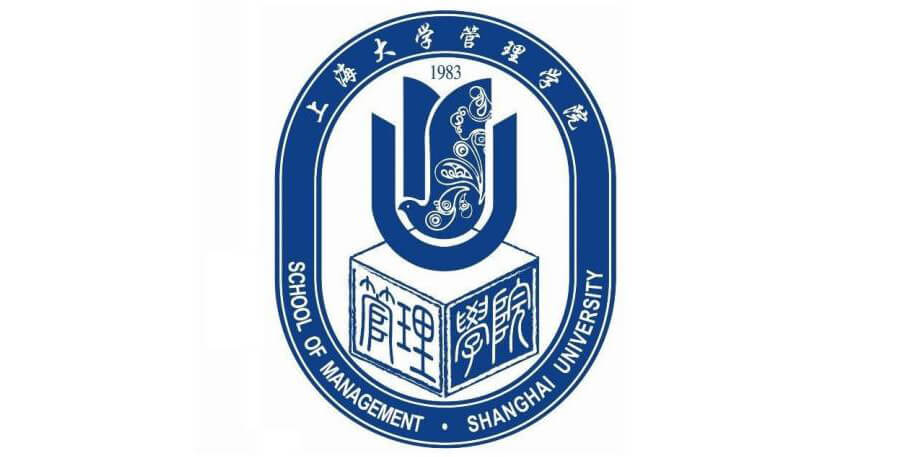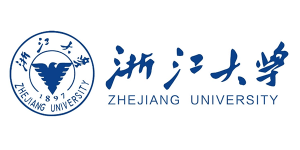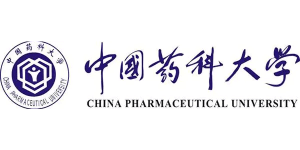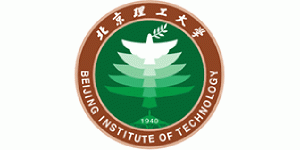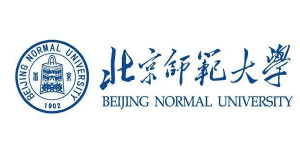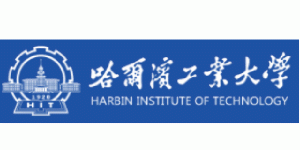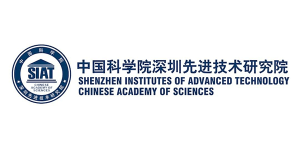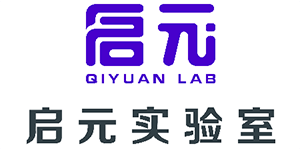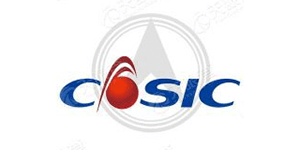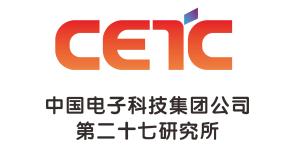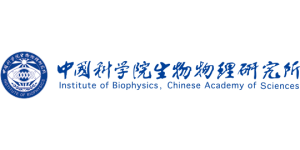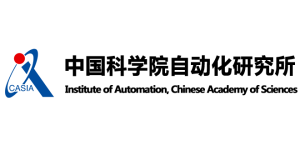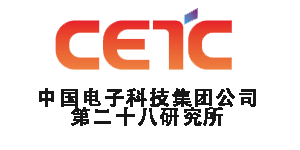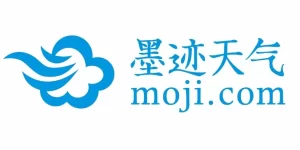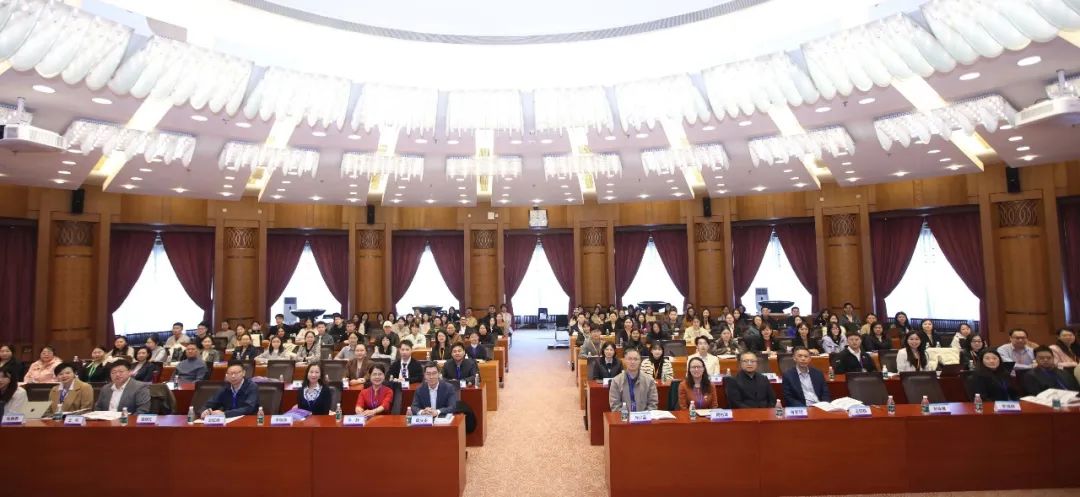

From October 19 to 20, the 2024 Annual Meeting of the Health Communication Professional Committee of the Chinese Society for the History of Journalism kicked off at Tsinghua University. The annual meeting was hosted by the Health Communication Professional Committee of the Chinese Society for the History of Journalism and the School of Journalism and Communication at Tsinghua University, and co-organized by the Center for Global Development and Health Communication of the School of Journalism and Communication at Tsinghua University. The conference attracted more than 100 experts and scholars from Tsinghua University, Peking University, Renmin University of China, Fudan University, Nanyang Technological University and other universities at home and abroad.
In recent years, with the in-depth implementation of the Healthy China Strategy and the rapid development of AI technology, how to effectively integrate science and technology with the national healthcare strategy, and drive the construction of Healthy China with new productivity has become an important task for realizing the goal of national health. With the theme of "Artificial Intelligence and Health Communication", this annual conference aims to promote the in-depth integration of AI and health communication, and to contribute wisdom and strength to technology-enabled people's health and well-being, and to realize the strategic goal of Healthy China. The opening ceremony of the conference was presided over by Chen Liang, Vice Chairman-in-Office of the Health Communication Committee of the Chinese Journalism History Association, Associate Professor and Assistant Dean of Journalism and Communication at Tsinghua University.
Prof. Zhou Qingan, Dean of School of Journalism and Communication, Tsinghua University, delivered the opening speech. He emphasized the importance of building the discipline of health communication in the post epidemic era and pointed out that the development of the discipline of health communication requires the academia and the industry to work in the same direction. Prof. Zhou said that the School of Journalism and Communication at Tsinghua University has been exploring and experimenting in the field of health communication for a long time, and that it will continue to support health communication research and talent cultivation in the future, and contribute more wisdom to the research and practice of health communication in China and even in the world.
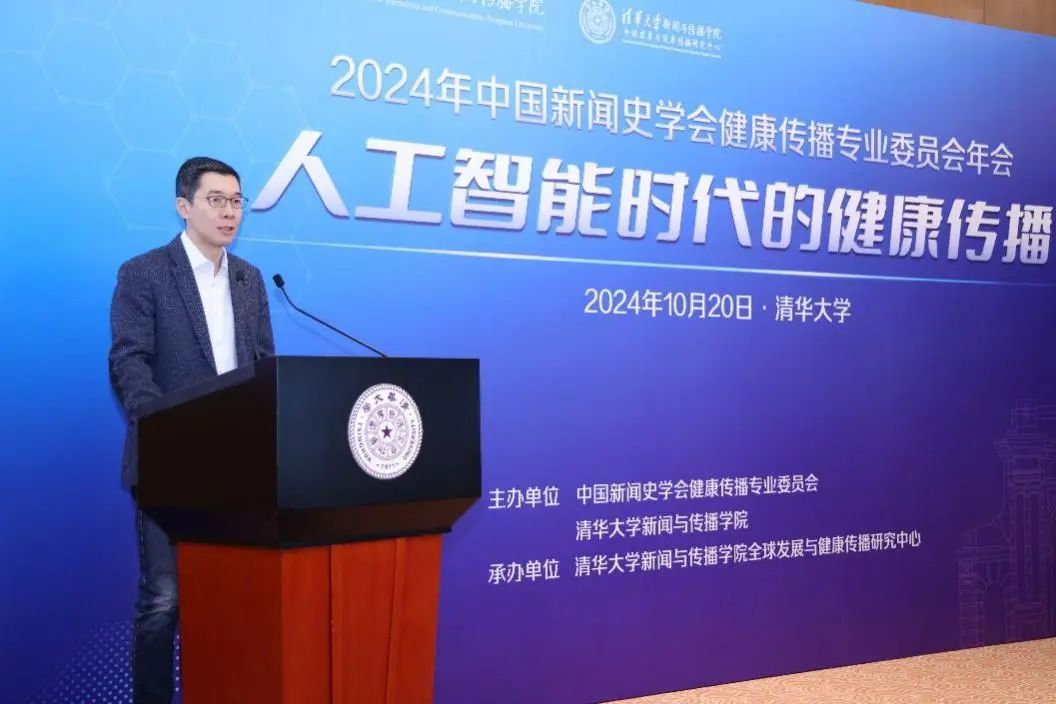


Prof. Sun Shaojing, Chairman of the Health Communication Committee of the Chinese Society for the History of Journalism and School of Journalism of Fudan University, delivered a speech. He reviewed the efforts of the Health Communication Committee of the Chinese Society for the History of Journalism in promoting health communication research, academic exchange and practical application, the results of which have not only elevated the attention of the academic community to health communication, but also provided important support for the formulation of public health policies. In the future, the committee will continue to work to promote interdisciplinary cooperation to better serve society and public health.
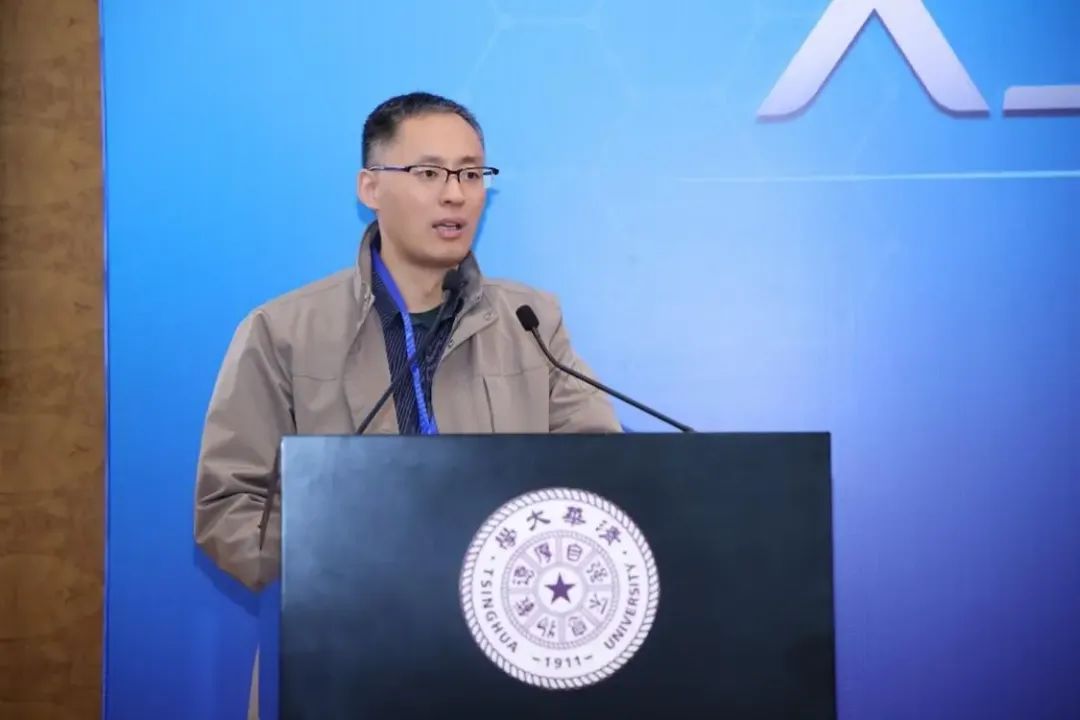


The keynote session was moderated by Researcher Wang Fan, Secretary General of the Health Communication Professional Committee of the Chinese Society for the History of Journalism and Deputy Director of the Institute of Health Communication at Fudan University.
Xu Jing, Vice Chairman of the Health Communication Professional Committee of the Chinese Journalism History Society and Professor of the School of Journalism and Communication at Peking University, delivered a keynote speech titled "Theory and Practice of Health Communication Based on OBE". She reviewed the development history and cultivation practice of health communication education and emphasized the importance of OBE concept in the field of health communication. Prof. Xu pointed out that clear educational objectives not only effectively enhance the practical ability of professionals, but also help students better adapt to the rapidly changing health communication environment. In the future, it is necessary to focus on the combination of theory and practice in the education process to promote the innovation and development of health communication education.
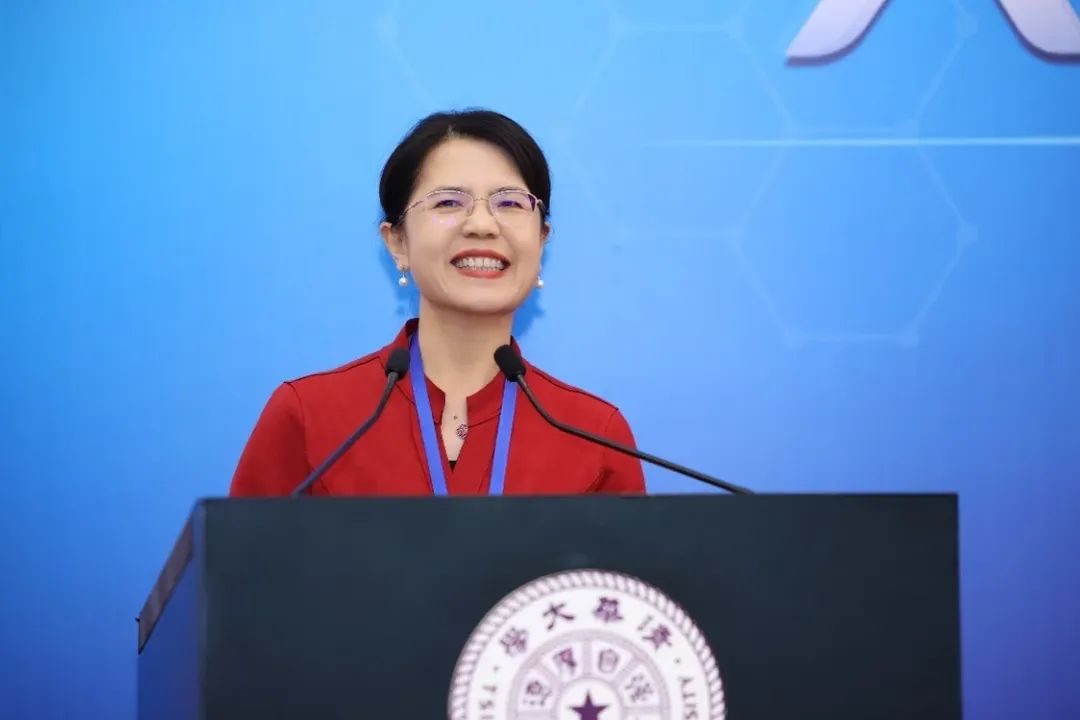


Zhou Yuqiong, Professor at the School of Communication of Shenzhen University and member of the Academic Committee of Shenzhen University, delivered a keynote speech titled "Don't Forget the Beginning, Only the End? The Cross-border Integration of Health Communication Research in China". Professor Zhou shared the current situation of academic production and research in the field of health communication with empirical research, and pointed out that health communication has obvious cross-disciplinary attributes, and in the future, it is necessary to further cultivate disciplinary identity and promote the localized development of health communication, so as to build a disciplinary community of health communication.
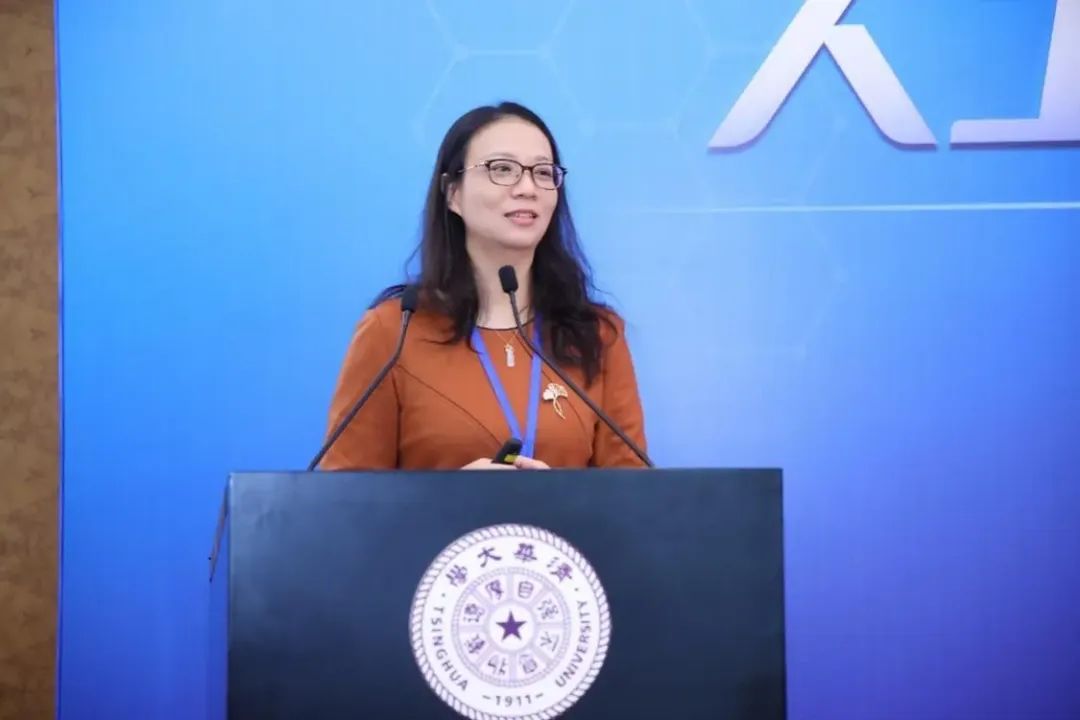


Based on smart technology and public health, Prof. Li Xiaojing from the School of Media and Communication of Shanghai Jiaotong University delivered a keynote speech titled "Smart Media and Memory Health". Prof. Li Xiaojing introduced the impact of smart technology on brain thinking and pointed out that smartphones and algorithms may have a negative impact on the human brain, leading to distraction and memory loss. In the future, academics will pay further attention to the impact of technology on cognitive functions to provide scientific evidence and effective recommendations for public health.
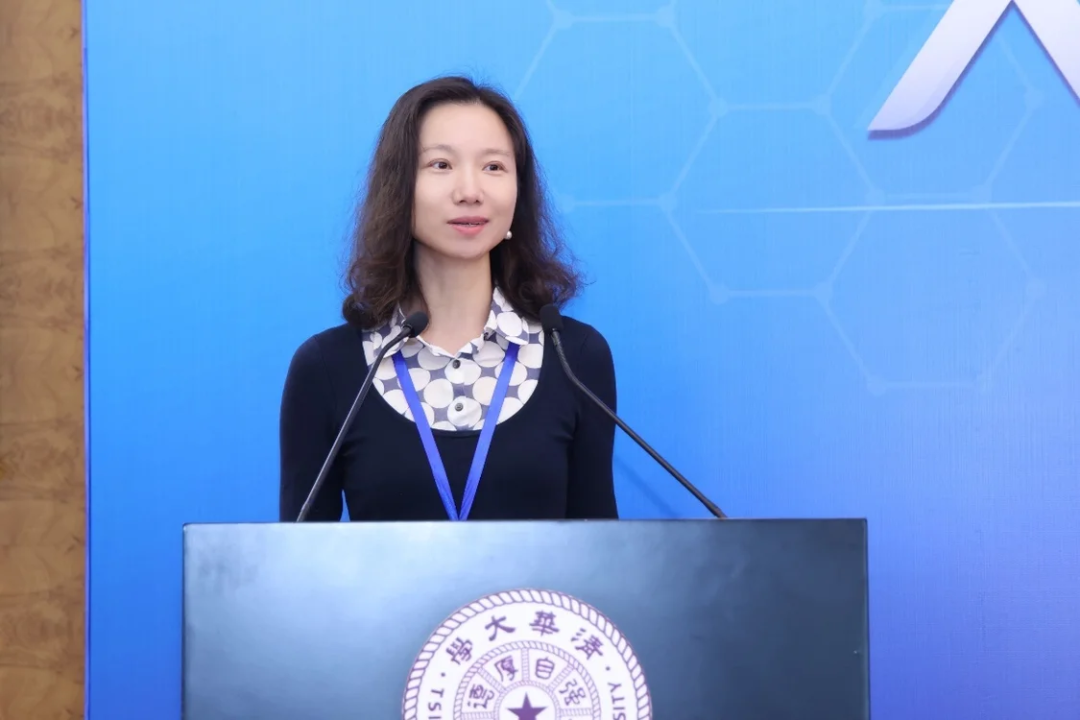


Subsequently, representatives of health communication industry enterprises, experts and scholars focused on the themes of "Practice and Communication Thinking of Sustainable Social Value Innovation" and "Health Communication Work in the Era of Artificial Intelligence", and put forward relevant insights and views based on their research and practical experience.
Xiao Liming, Vice President of Sustainable Social Value of Tencent, shared the practical exploration and responsibility of enterprises' health inclusion in low-resource areas. He pointed out that enterprises can improve the accessibility and quality of health services in low-resource areas through technological innovation and resource integration, in order to jointly promote the popularization of health education, medical services and information dissemination. At the same time, he shared Tencent's practical experience in improving the health status of women and children in low-resource areas, and emphasized that enterprises should play to their strengths and actively participate in the promotion of health education and medical services in order to achieve a wider social impact. Later, Chen Jingxi, Deputy Secretary General of the Health Communication Professional Committee of the Chinese Society for the History of Journalism and Associate Professor of the College of Arts and Media at Tongji University, discussed with Xiao Liming the future direction of cooperation between the academia and the industry in the field of health communication, and she called on companies in the industry to strengthen their cooperation and work together to create a responsible health communication environment that contributes to the overall health of the society.
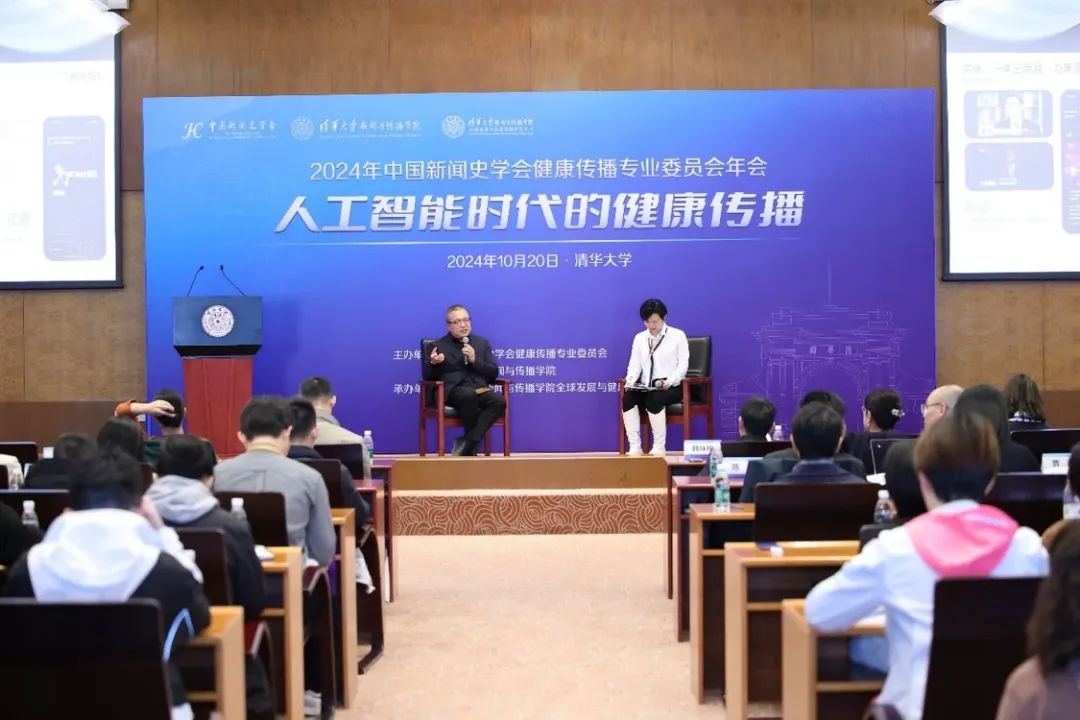


Han Yongmei, Executive Editor of the United Daily News, presented Singapore's experience in AI and health science. She pointed out that Singapore focuses on preventive health information dissemination, providing accurate and timely health knowledge to the public through multiple channels to help people understand health risks and take proactive preventive measures. In addition, she analyzed the application of AI in the media industry in China with practical experience, and she believed that while the media leverages AI technology, they also need to pay attention to the authenticity of information and ethical issues to ensure the reliability and authority of health communication. Subsequently, Tang Yunbing, Deputy Secretary General of the Health Communication Committee of the Chinese Society for the History of Journalism and a professor at the School of Journalism of Fudan University, further discussed with Han Yongmei the ethical issues and media credibility in health communication. She suggested that with the popularization of AI technology, related ethical challenges are becoming increasingly prominent, especially in terms of the proliferation of false information and algorithmic bias. In the future, there is a need to develop appropriate ethical norms to ensure that the application of AI technology in health communication can both drive innovation and maintain public trust and social responsibility.
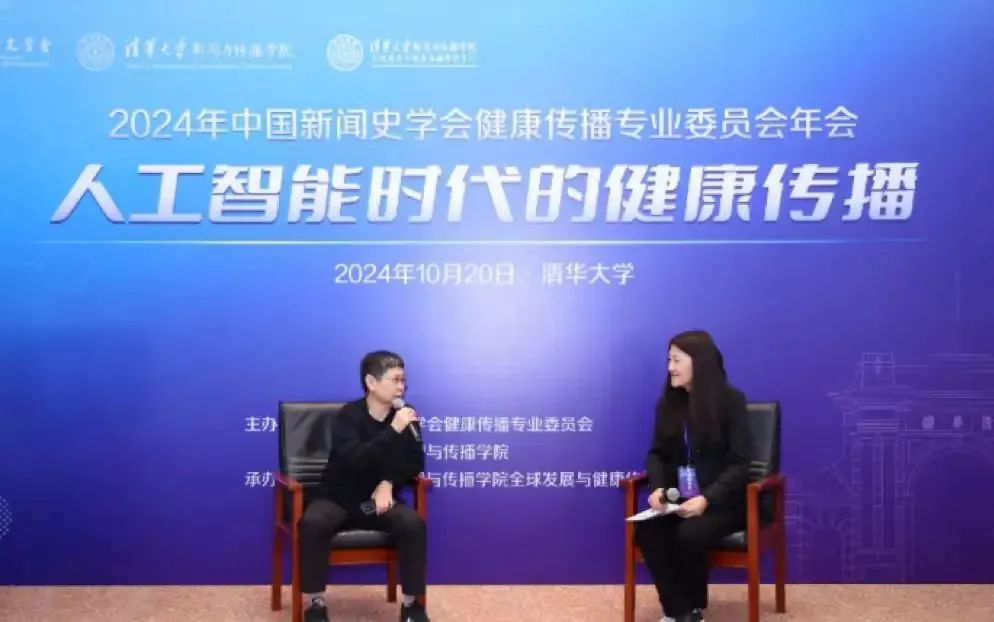


Under the perspective of multidisciplinary integration, this annual conference is open to academic paper submissions from humanities, social sciences, medicine and public health, etc., which has received strong support from experts and scholars at home and abroad, with a total of 150 submissions received, and 43 papers finally selected after expert evaluation. There are six sub-forums covering the topics of "Digital Technology and Health Behavior", "Interpersonal Communication and Health Psychology", "Disinformation and Network Governance", "Artificial Intelligence and Digital Health", and "Health and Health". "Artificial Intelligence and Digital Health", "Health Narrative and Information Behavior", and "Localized Exploration and Practice of Health Communication".
moment of truth
As a supporting organization of this annual conference, Beijing Hengzheng Technology Co., Ltd. actively participated in the conference and demonstrated its technical strength in the fields of psycho-human factors, driving human factors, biomechanics and user experience. HBTS always adheres to the concept of innovation-driven development, and is committed to combining cutting-edge technology with practical applications to provide strong support for the field of health communication.
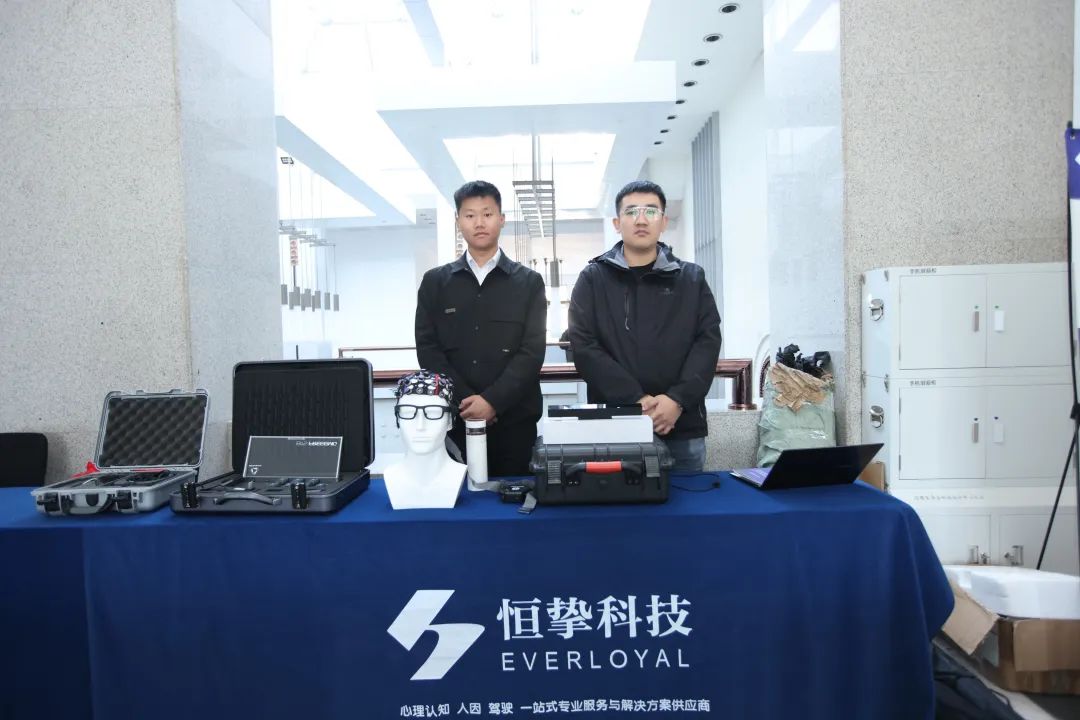


In this annual meeting, Hengzhi Technology not only displayed its technical achievements, but also obtained valuable feedback and suggestions through in-depth exchanges with experts and scholars. This will provide important guidance for our future R&D and technology application, ensuring that our products and services are more in line with the market demand.
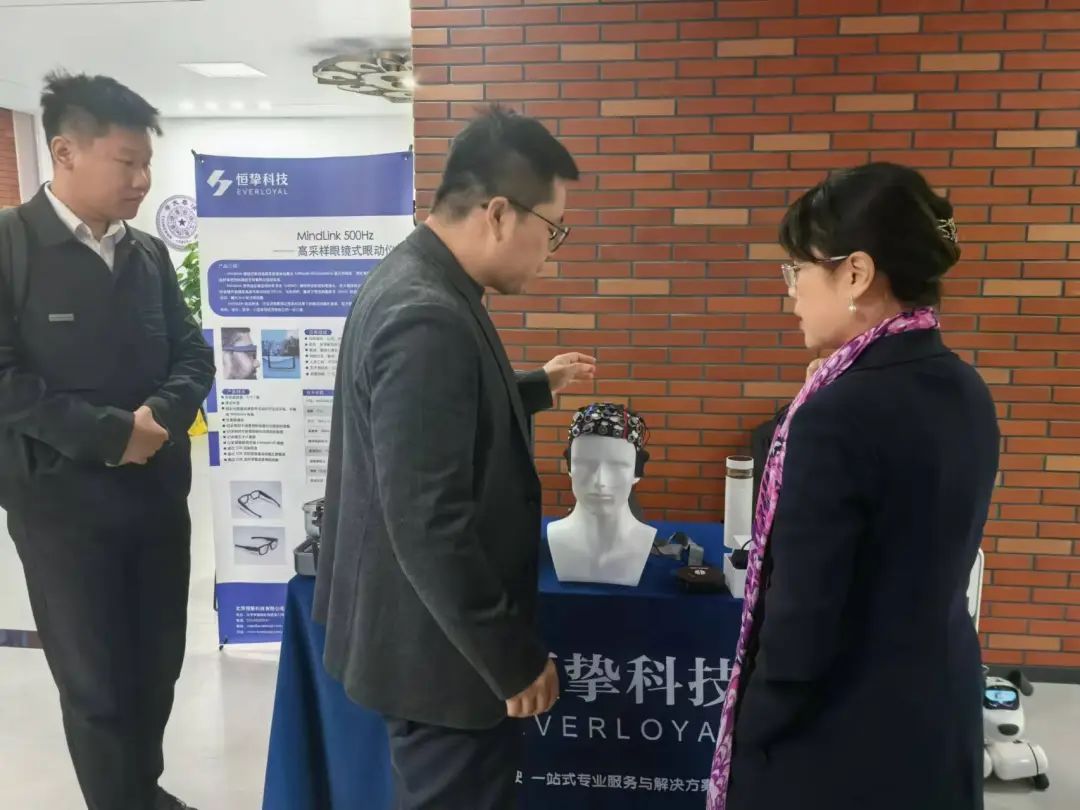

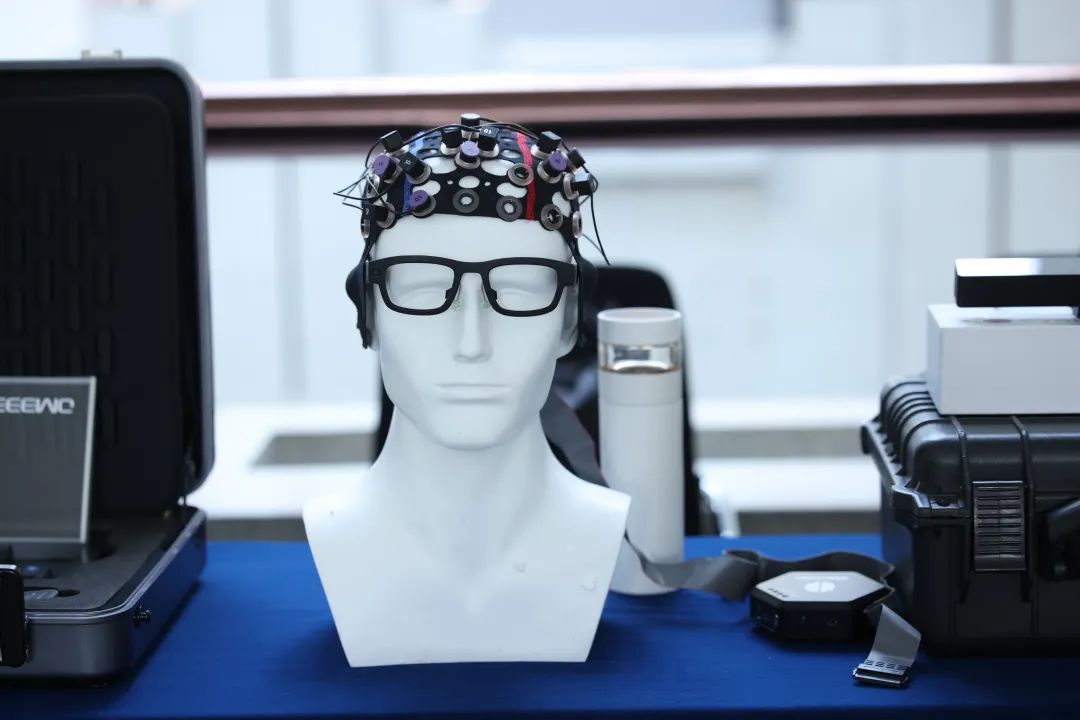


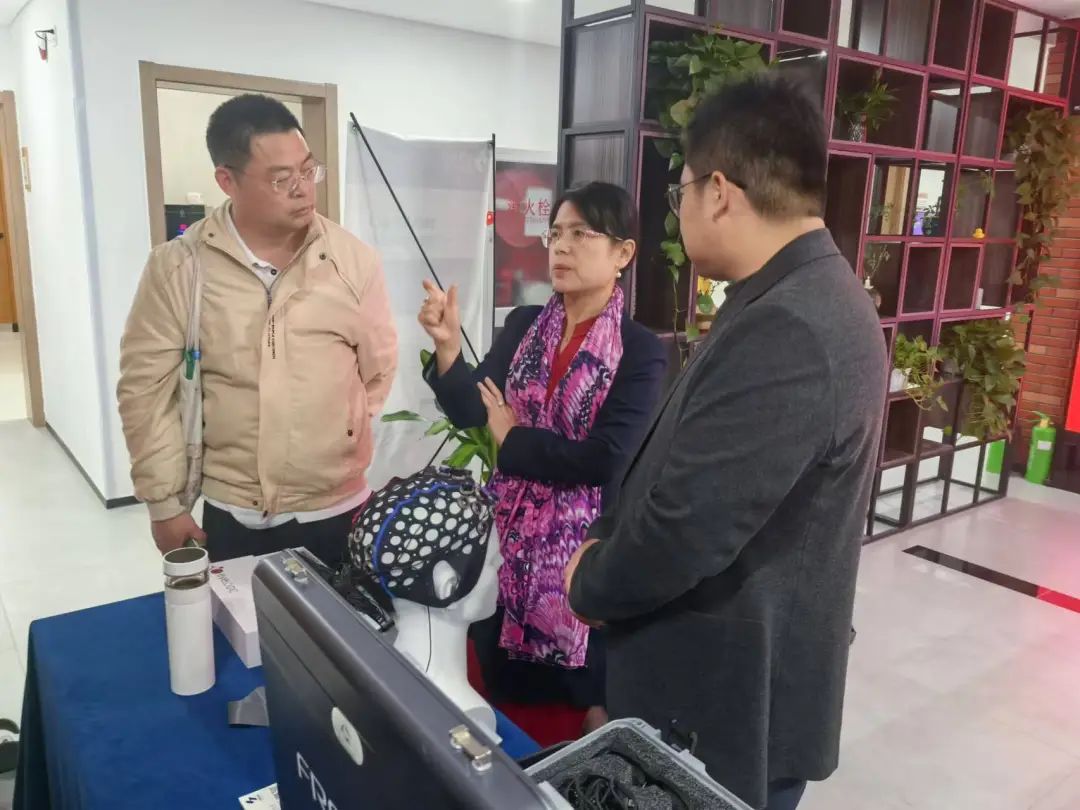

In the future, HBTS plans to further increase its research investment in the field of health communication and explore more possibilities of integrating technology and health.
Company Profile
